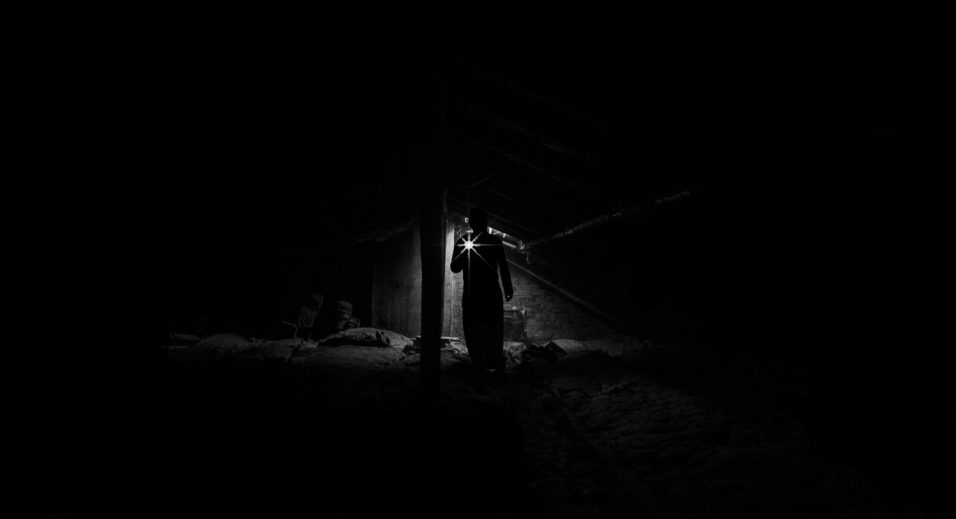Mama Mia: Inspiration from Unlikely Sources

The brain is a curious thing. As writers, we all know that lightning-bolt moment when an idea hits us. Sometimes it’s while consuming some other bit of art—a movie, or book, or TV show. We see a plot thread, or a scene that doesn’t go where we want it to go, or just a story we wish we could have come up with. In order to steal it, you have to rub off the serial number and round off the edges, and in doing so it becomes something wholly unique, wholly yours.
I don’t know about other writers, but I am less in control of this process than I’d like, because my brain serves up ideas at the oddest moments. For example, during a performance of the Broadway musical Mama Mia!
Not My Idea
I didn’t want to see Mama Mia!, my wife, The Duchess, did. This was a long time ago. I’d been struggling with a novel at the time; I’d started it a bunch of times, wallowed in tens of thousands of words that didn’t really work or gel into anything solid. The Duchess decided we had to go see the show, and so we went, and I’ll admit to being a little bored; ABBA songs are not my jam, and the story seemed a bit thin. I mean, people were having a great time, it just wasn’t for me.
So, my mind wandered. And the basic plot of Mama Mia! (a young woman invites three men who could possibly be her father to her wedding in hopes of figuring out which one is her Dad) seeped in there, and suddenly, in the middle of the performance I realized the story I was writing wasn’t about the characters I’d been focused on, but the family behind them.
The first line of the book came to me right there while the actors cavorted on the stage in their glorious 1970s disco threads: This is a story about my father. And then, I thought, after that first line there would never be a direct mention of the father at all! CLEVER.
I wrote that book. And it didn’t work. That happens sometimes; sometimes the flash of exciting inspiration doesn’t lead to a great novel.
I revised the book a few times, and finally, about ten years later, I figured it out, and it might get published someday, we’ll see. The first line is no long this is a story about my father, so it’ll be interesting to see if anyone recognizes it.
So there you go: Sometimes all you need is some disco music. Although the fact that you could bring your alcoholic beverages back to your seat might have had something to do with it, also.









